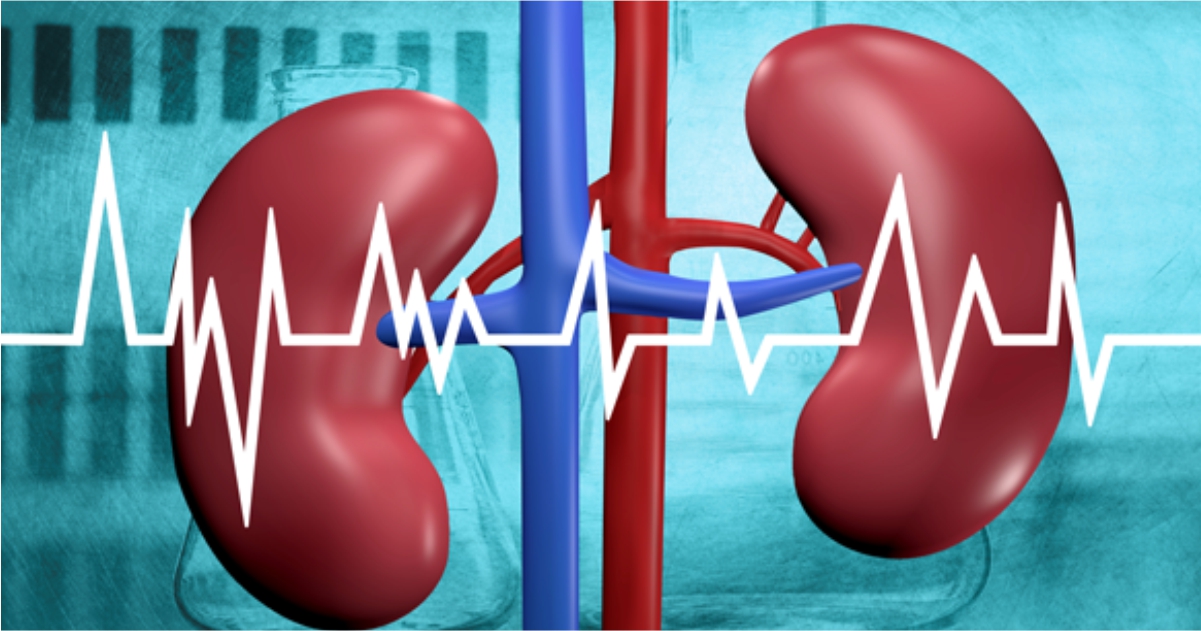
High blood pressure and swelling in the lower extremities are symptoms of kidney disease. Individuals who exhibit these symptoms should consult the best nephrologist in Karachi. The specialist will help diagnose the disease and treat it accordingly.
Renal artery stenosis is a kidney disease in which the arteries responsible for transporting blood become narrow. It is necessary to seek medical attention immediately. If left untreated, it can lead to kidney failure and stroke.
Women above the age of sixty are more to suffer from renal artery stenosis. The common signs and symptoms include:
- The person suffers from elevated blood pressure most of the time.
- The person suffers from hypertension, and treatment is proven ineffective.
- The kidneys don't function properly, and the person suffers from fluid retention.
- The sodium levels increase in the body, leading to edema. Edema refers to the swelling in the feet and ankles.
- The albumin levels in the body increase, which indicates the individual is suffering from kidney disease.
Known Causes of Renal Artery Stenosis
The common causes of the condition are:
- Individuals suffering from atherosclerosis are more likely to have complications, including renal artery stenosis.
- Fibromuscular dysplasia is the abnormal growth of the artery wall. It can cause the arteries to narrow down and hinder the functioning of the kidneys.
- Abnormal growth of the cells can increase the pressure on the kidneys, leading to damage or narrowing of arteries.
- Vasculitis is the swelling of blood vessels. Swellings can cause hindrance in the flow of fluids.
- Neurofibromatosis can lead to renal artery stenosis. The tumor growth on nerve cells leads to the narrowing of the arteries. It affects the functioning of the kidneys and leads to multiple complications.
Preventive Measures:
- People should avoid consuming alcohol as it may affect the kidneys.
- People should maintain a healthy routine and engage in physical activities that promote overall physical health.
- Maintaining a healthy body weight can reduce the chances of atherosclerosis. It will also help prevent renal artery stenosis.
Complications associated with Renal Artery Stenosis
The complications associated with renal artery stenosis include:
- The person suffers from pulmonary edema. It may lead to hypoxia and cardiac arrest.
- Due to hindrance in the functioning of kidneys, the chances of organ failure increase. It can lead to death.
- Due to elevated blood pressure, the chances of stroke increase; and lead to other serious conditions.
Diagnosis of Renal Artery Stenosis
The tests that assist in diagnosing renal artery stenosis include:
- Blood Pressure Test: The specialist checks the BP levels. The high BP correlates with renal artery stenosis.
- Imaging Testing: Ultrasound and MRI provide a detailed image of the structure of the kidney. The test helps identify any abnormality that causes the person to suffer from the symptoms.
- Renal Arteriography: The test help identify if the arteries have become narrow, causing hindrance in blood and fluid flow.
- Urine Testing: The test helps determine if albumin is higher than normal.
- Hormonal Testing: The test helps detect an imbalance in the hormonal levels responsible for regulating blood pressure.
Effective Treatment Options
The medications that help manage the symptoms are:
- Use of ACE inhibitors: The medication helps relax the blood pressure and improve kidney functioning.
- Use of Diuretics: The medication helps remove excess sodium and fluid from the body.
- Use of Calcium channel blocker: The medications help widen the vessels to improve the fluid and blood flow.
People diagnosed with renal artery stenosis should visit the best nephrologist in Islamabad. The specialist will help detect the cause of renal artery stenosis and provide treatment accordingly. The treatment will help the person recover smoothly function adequately in various aspects of life.



